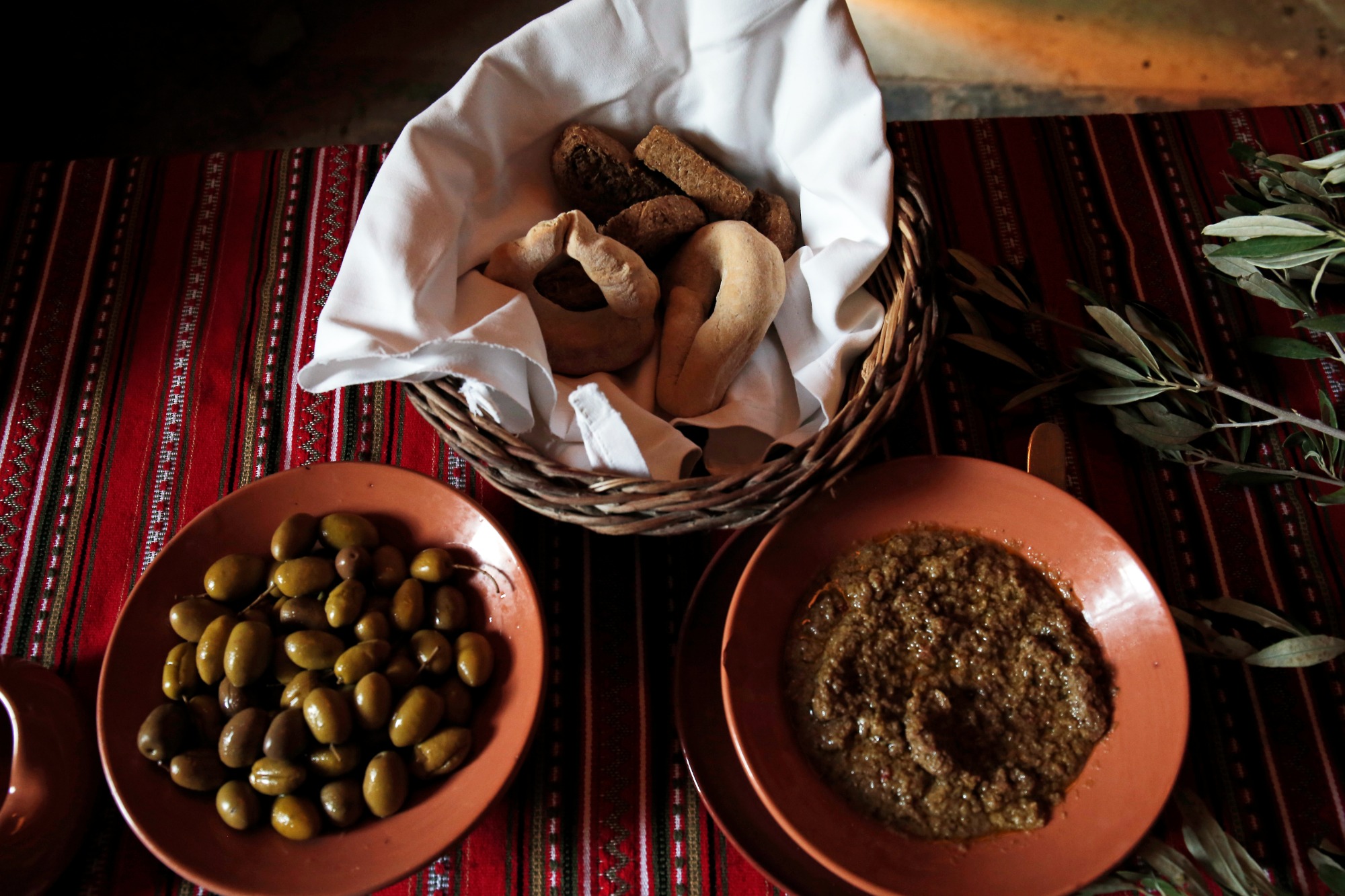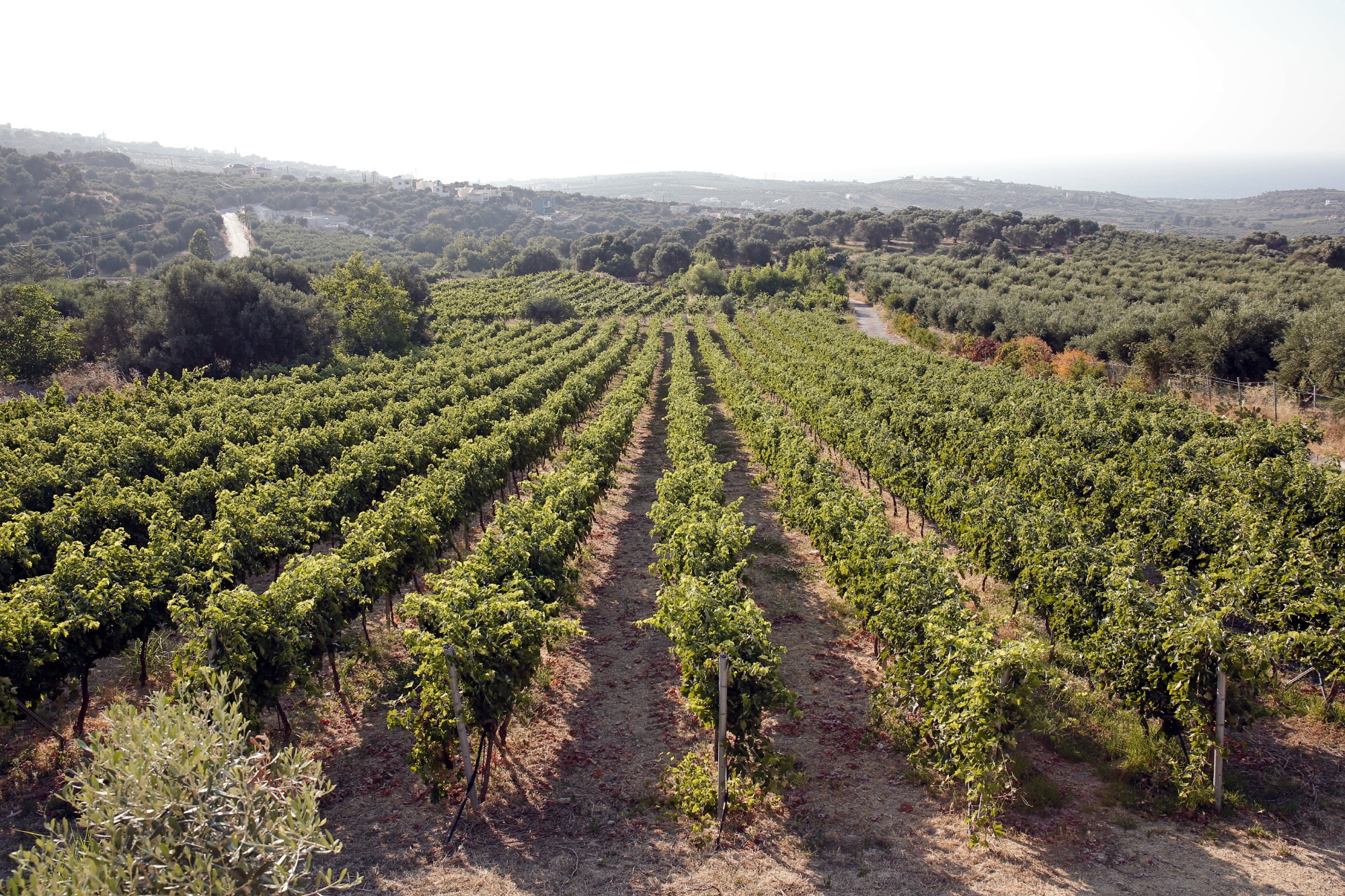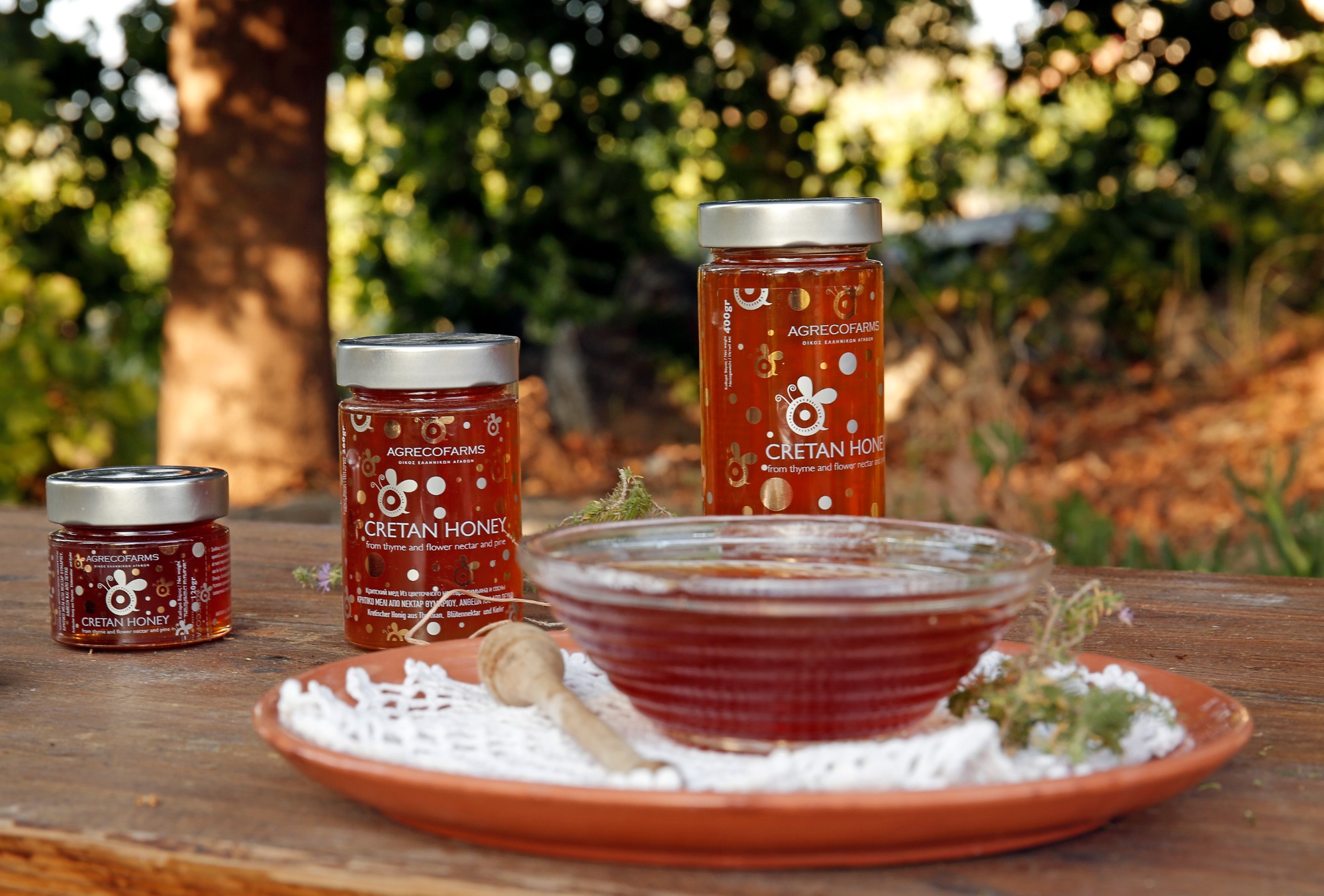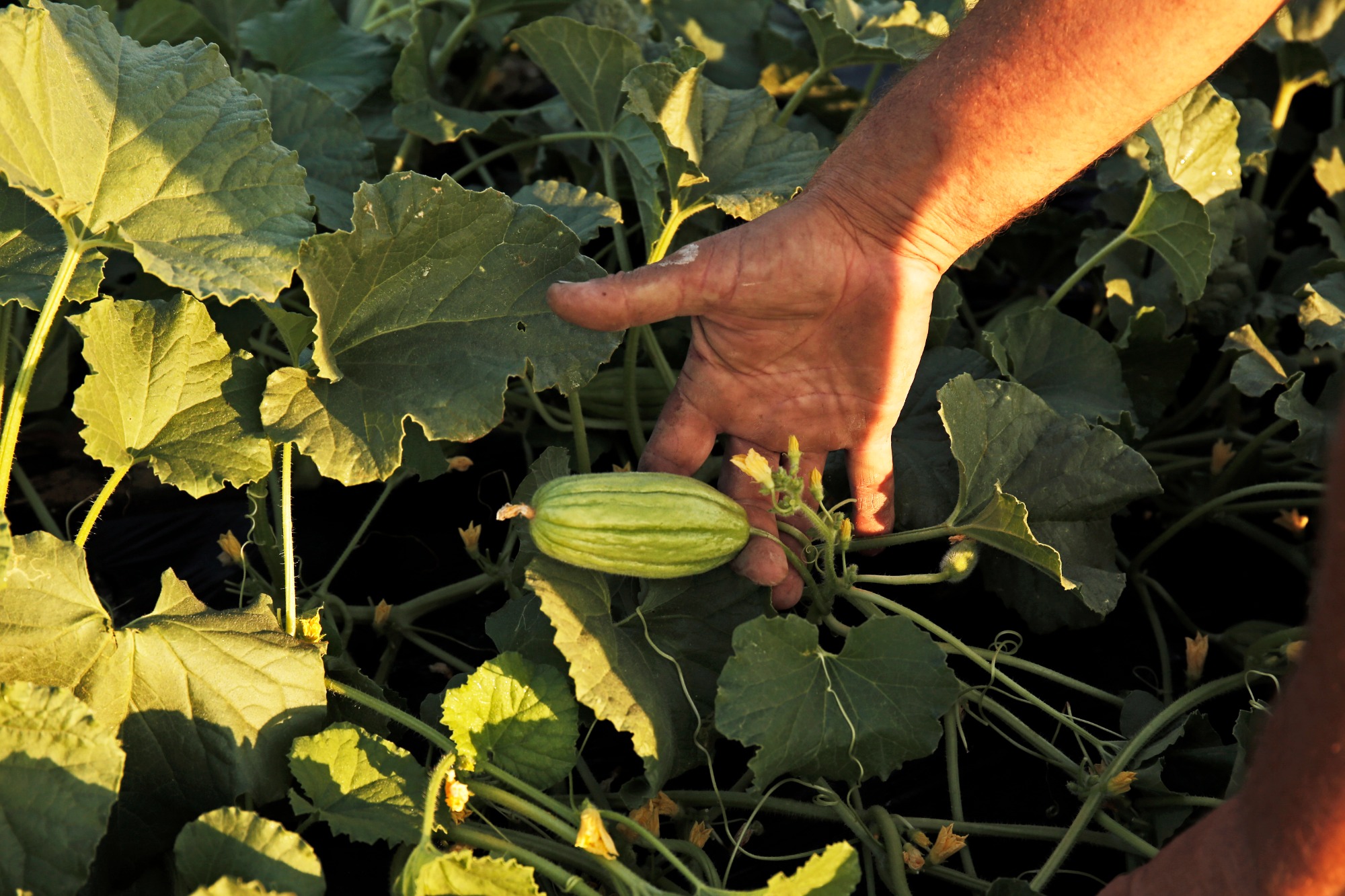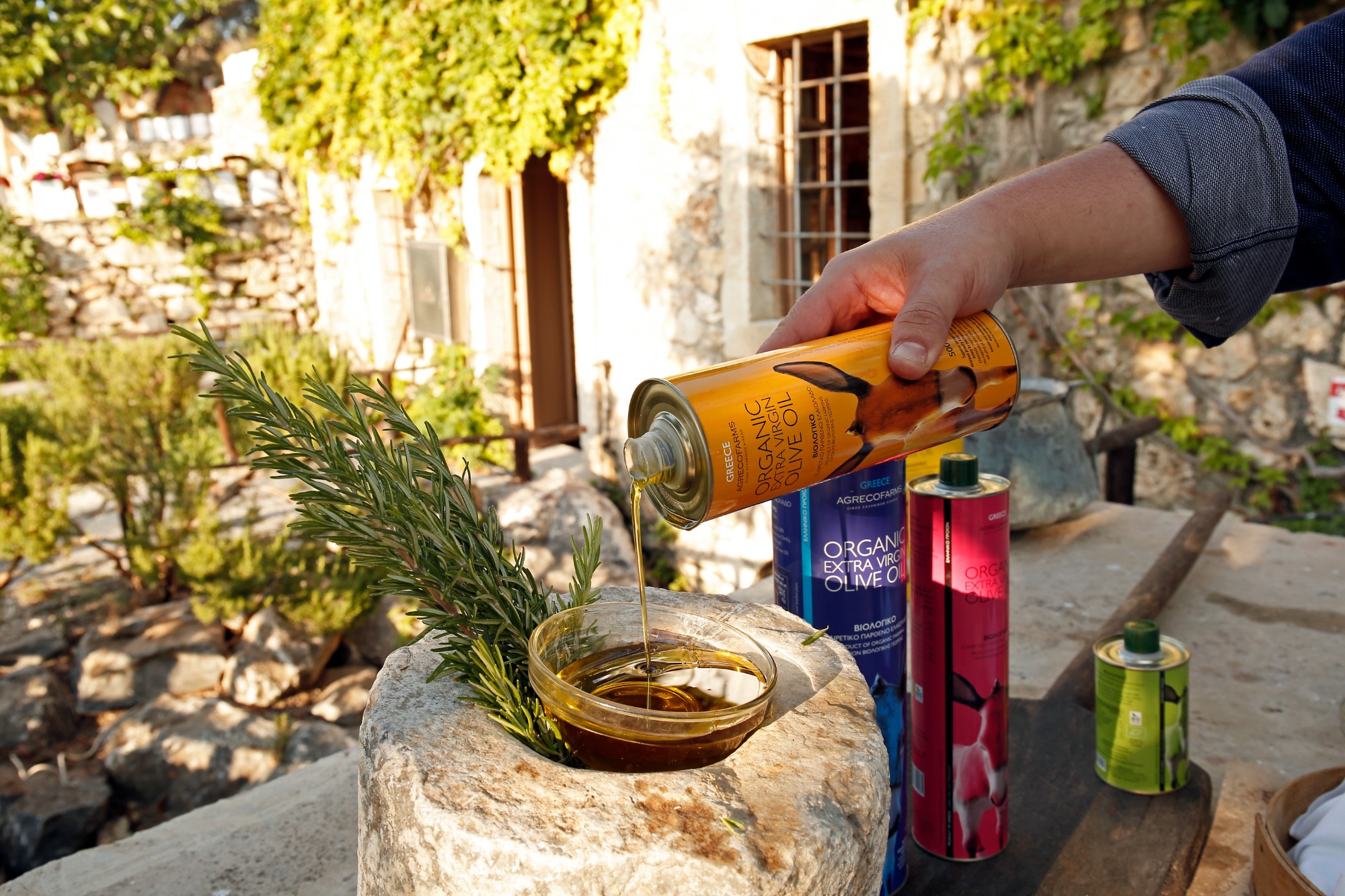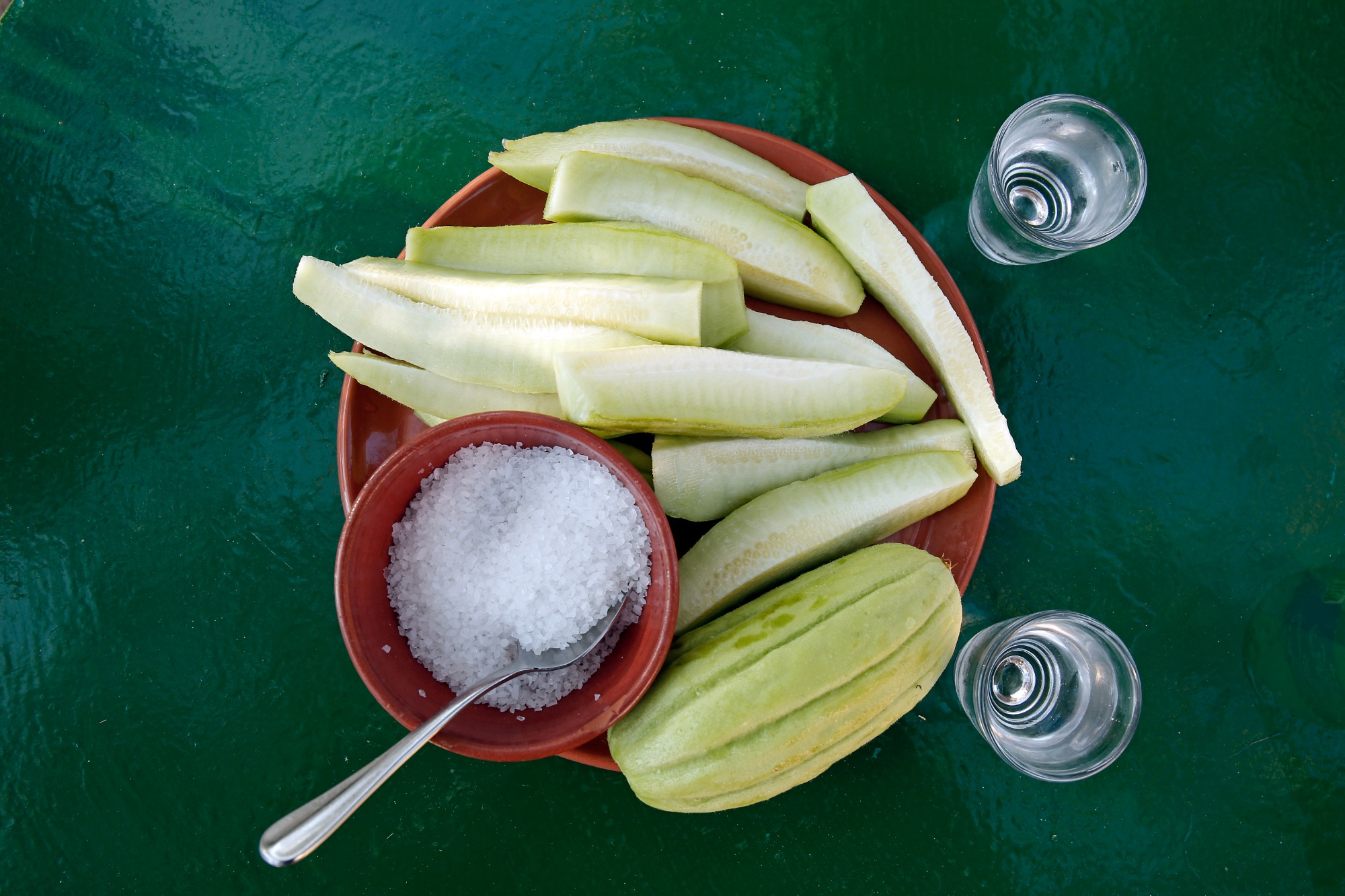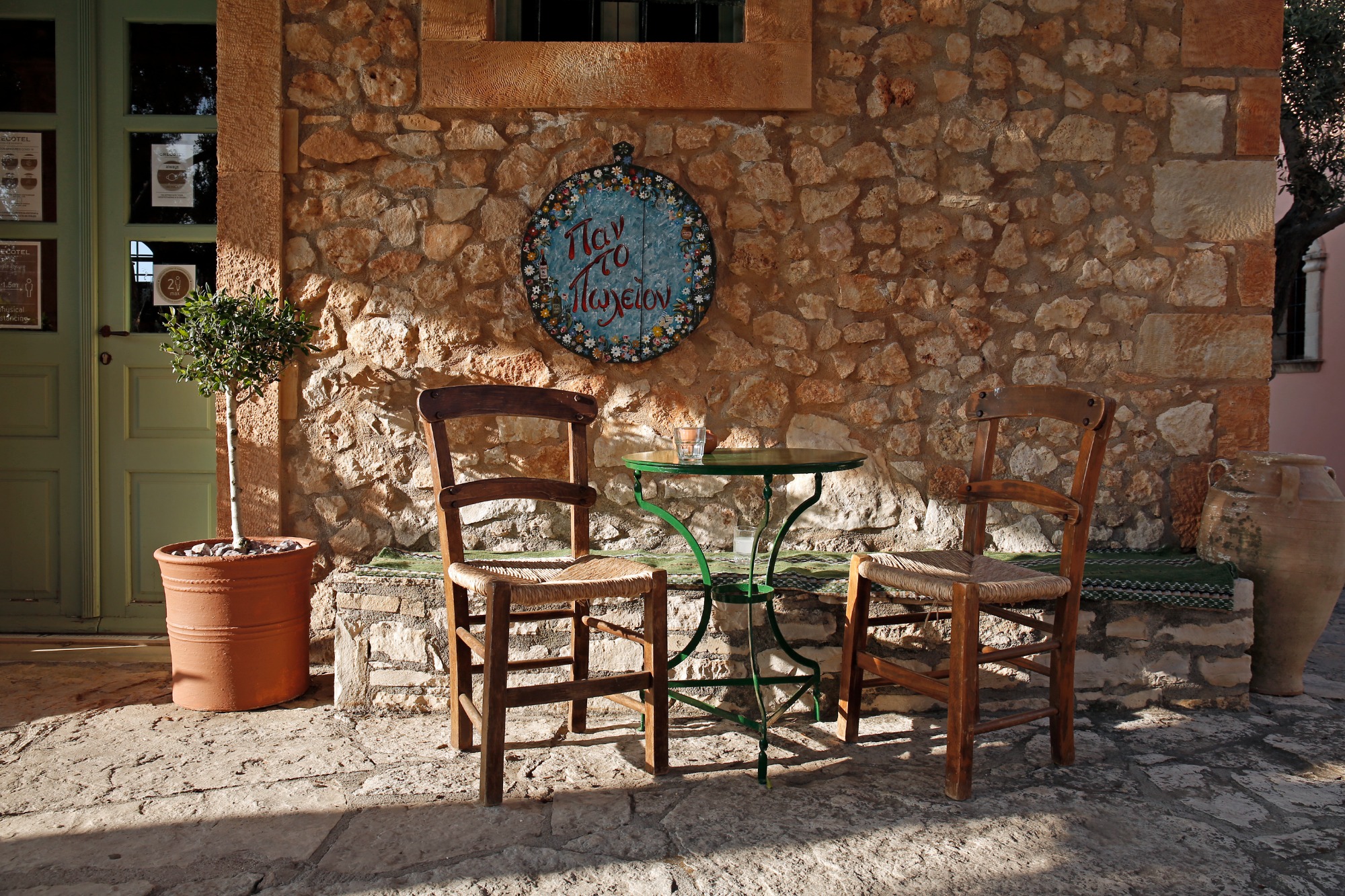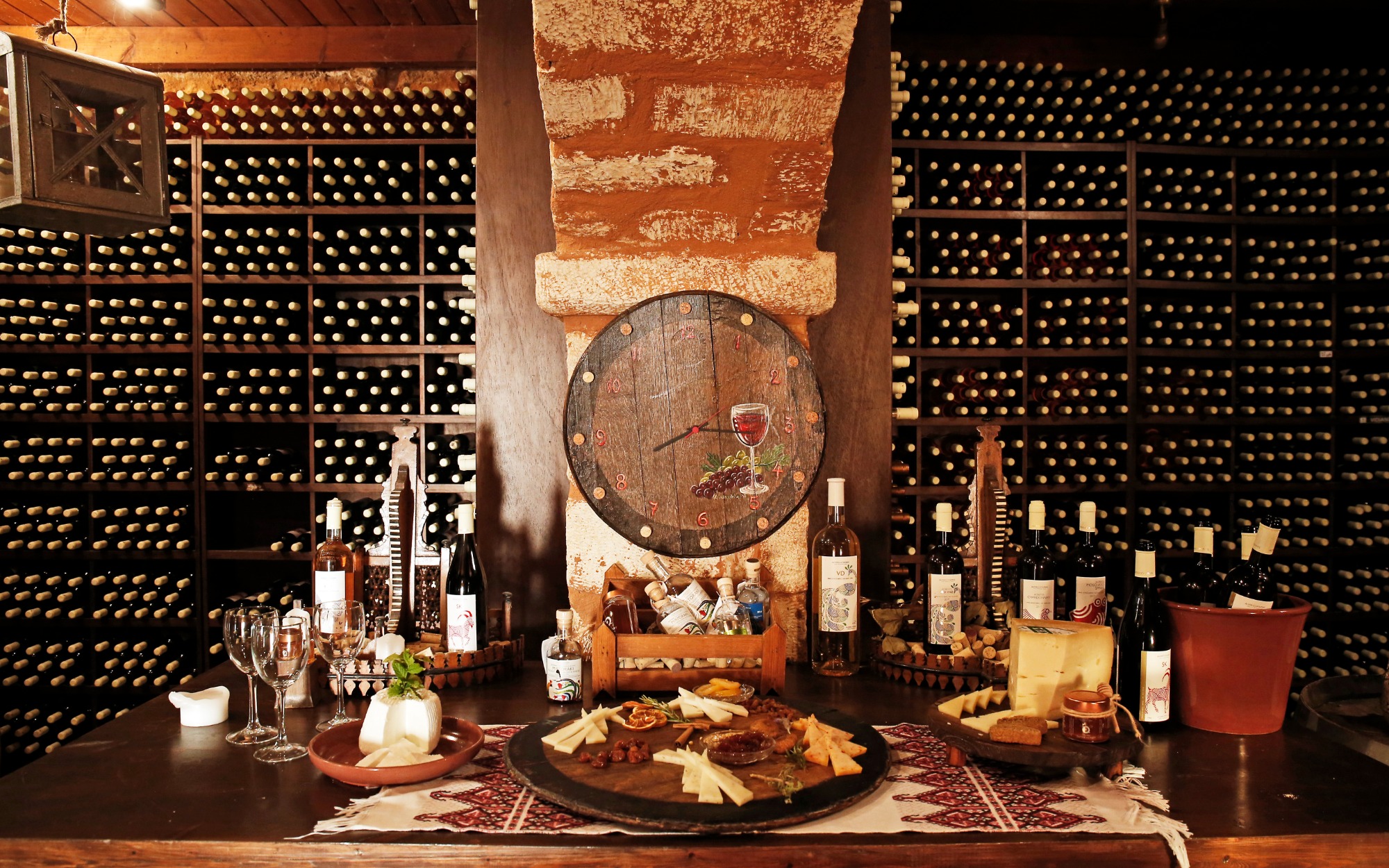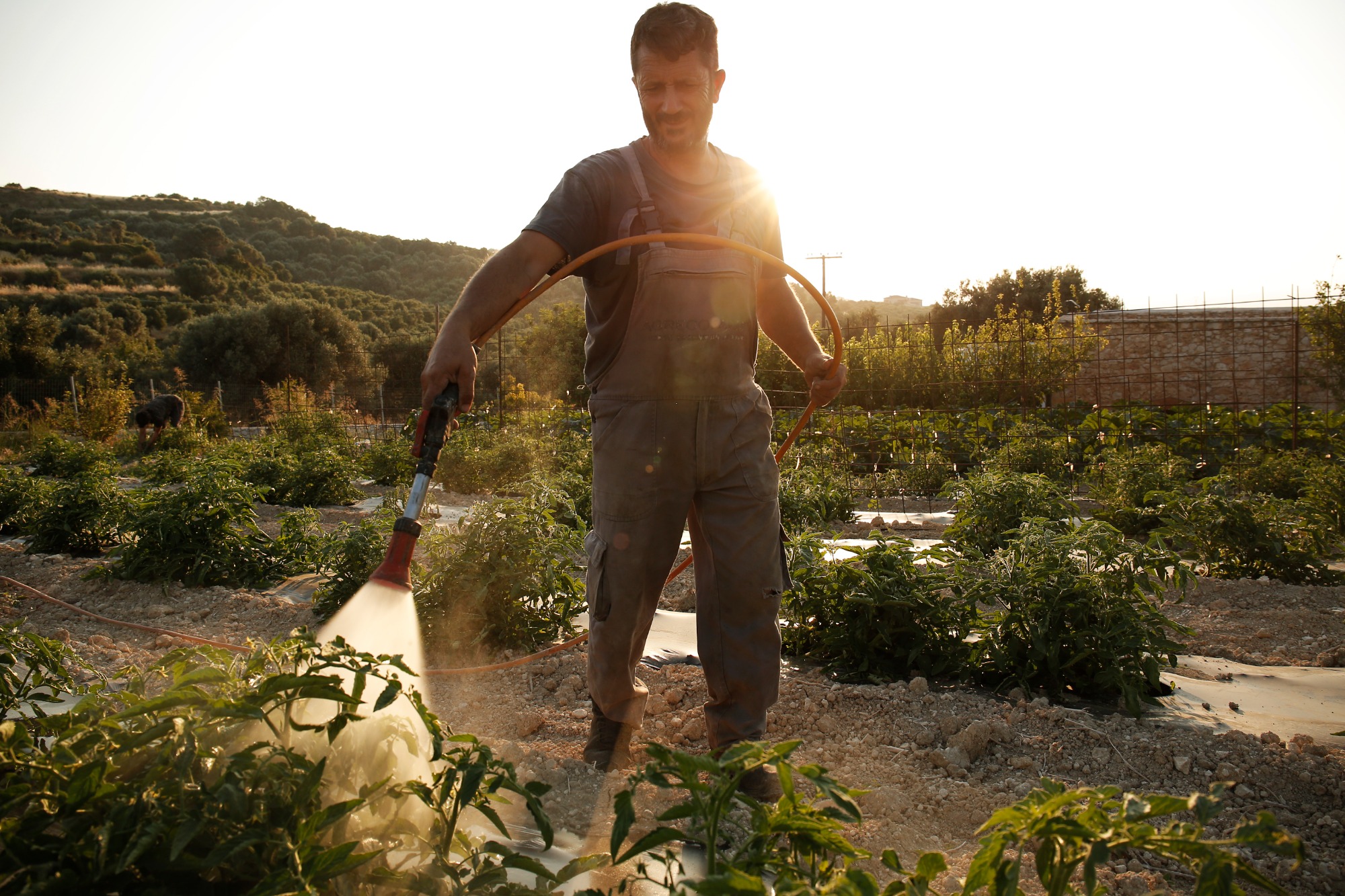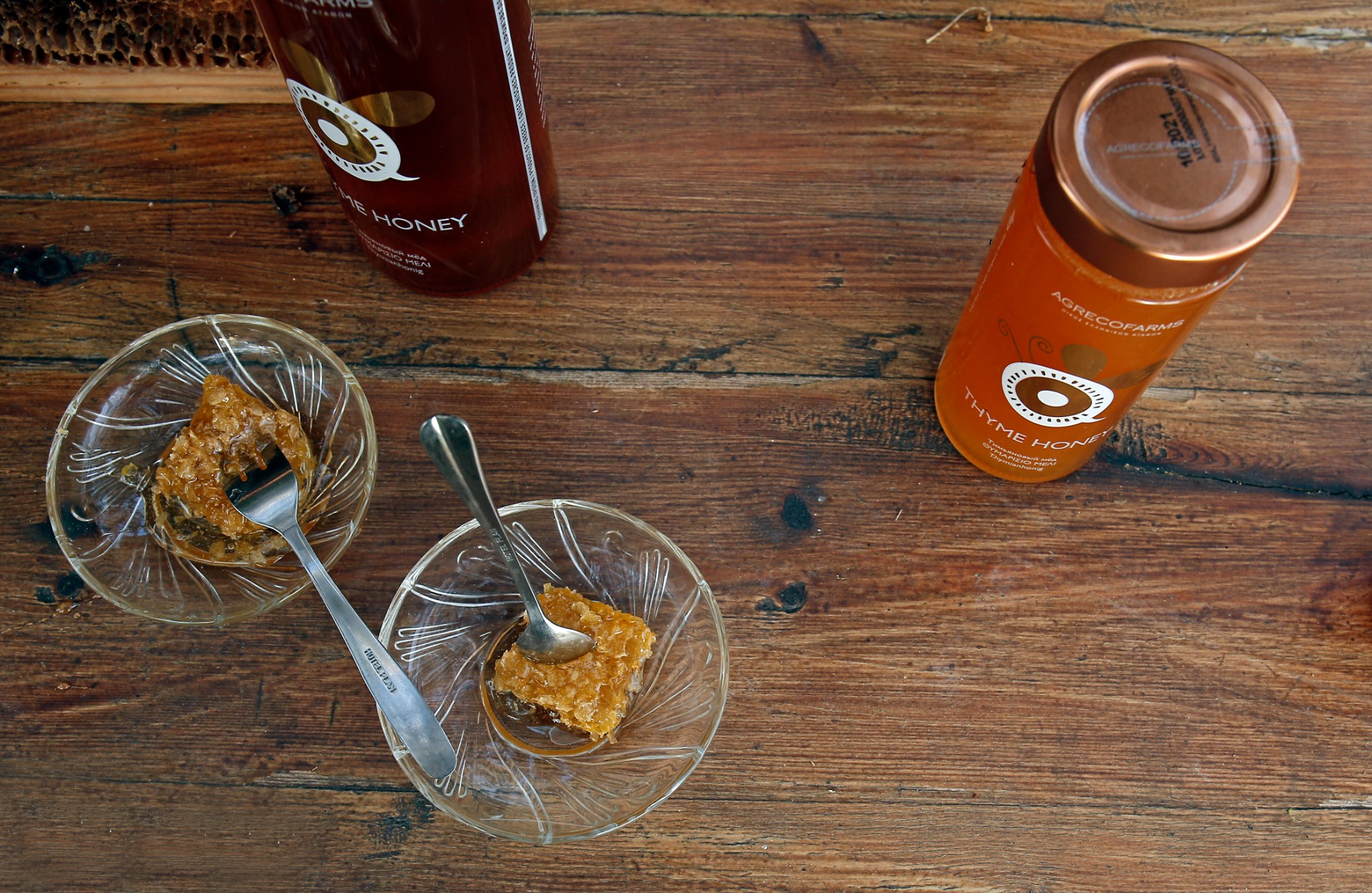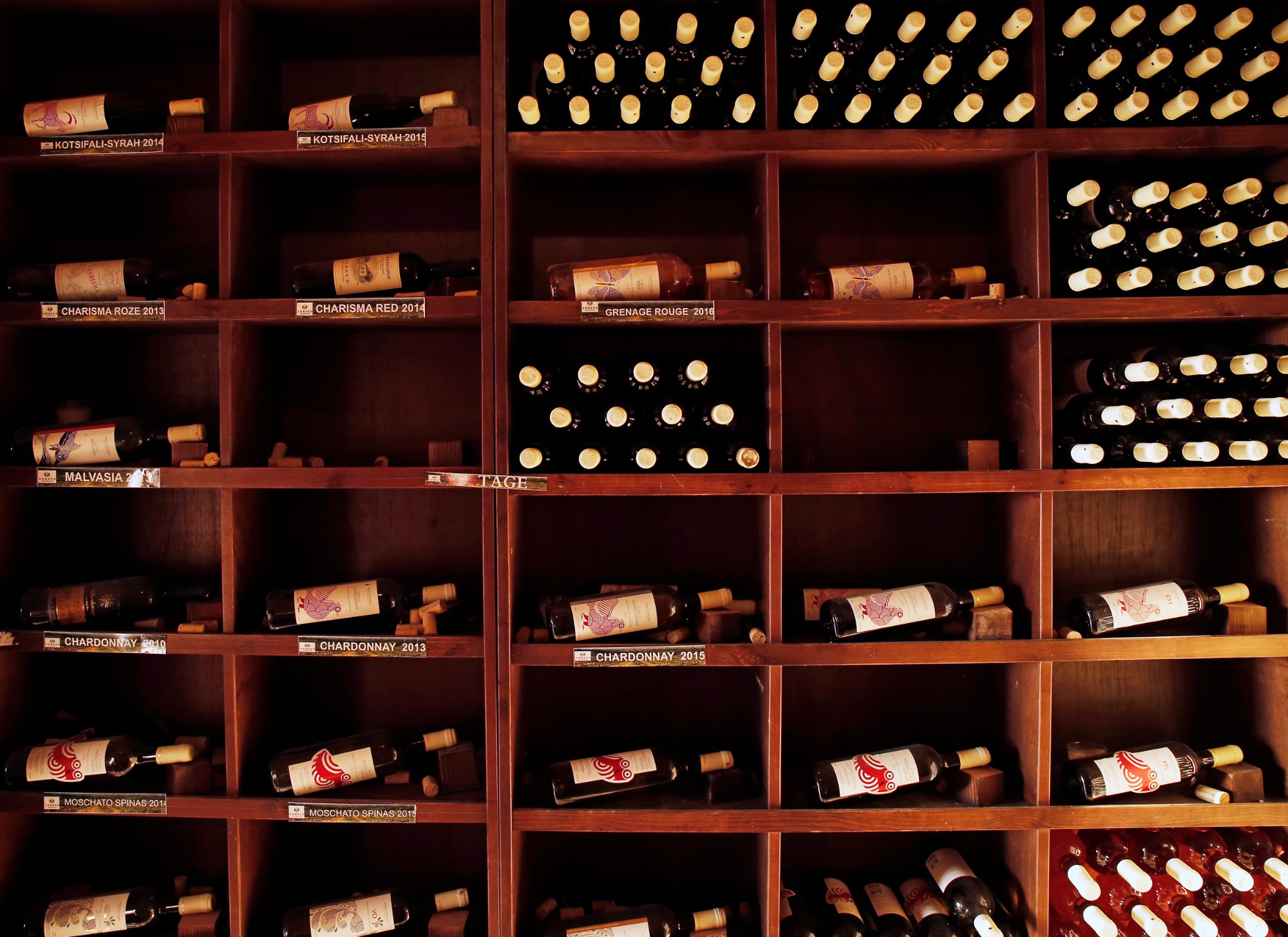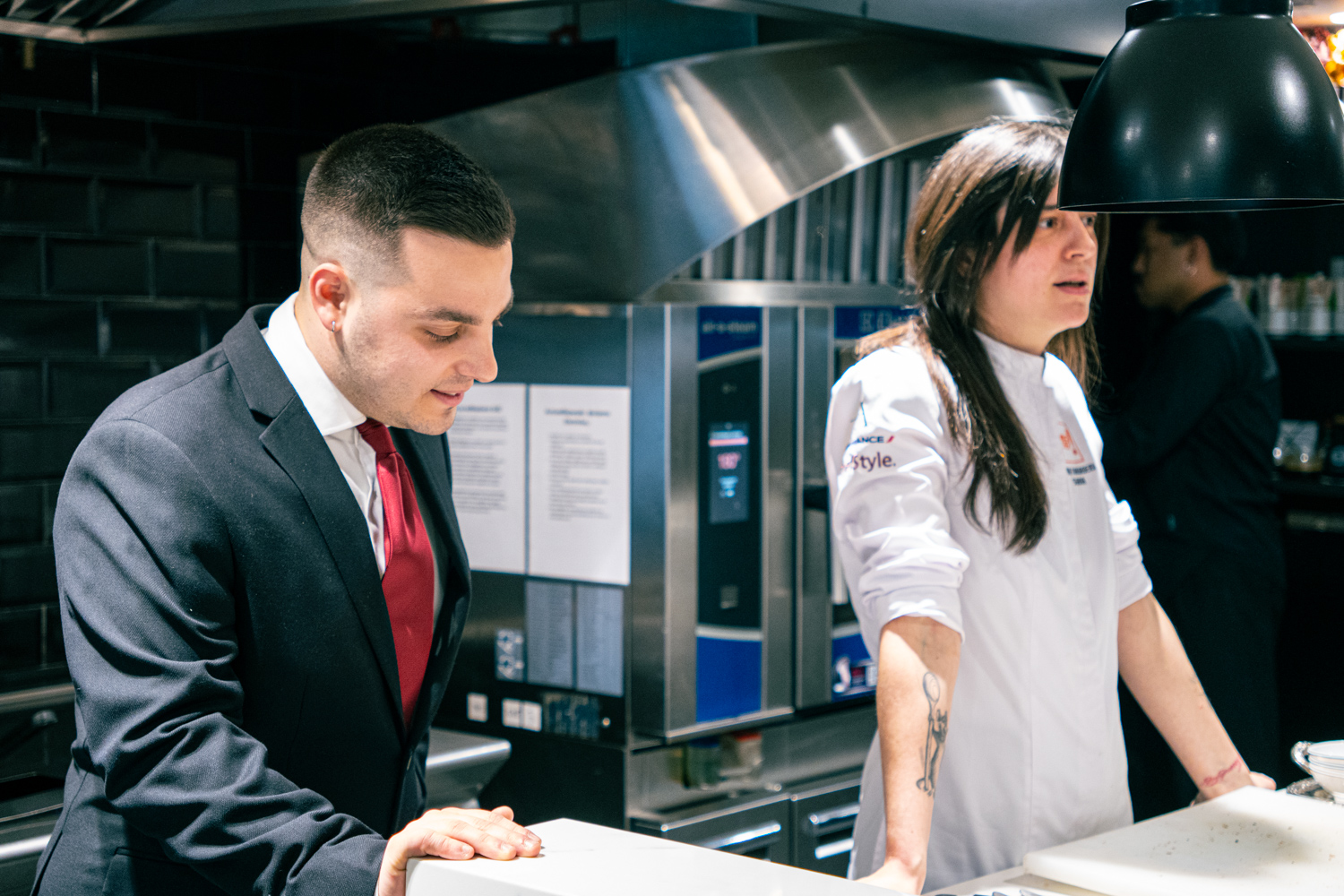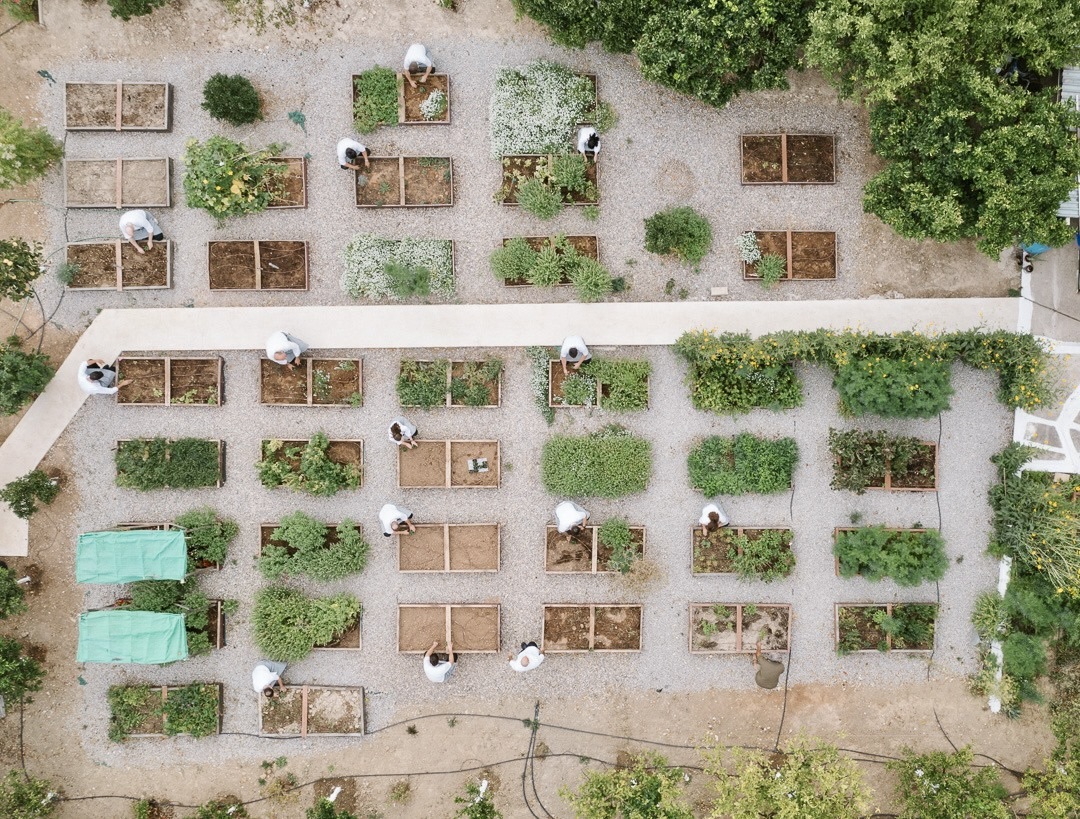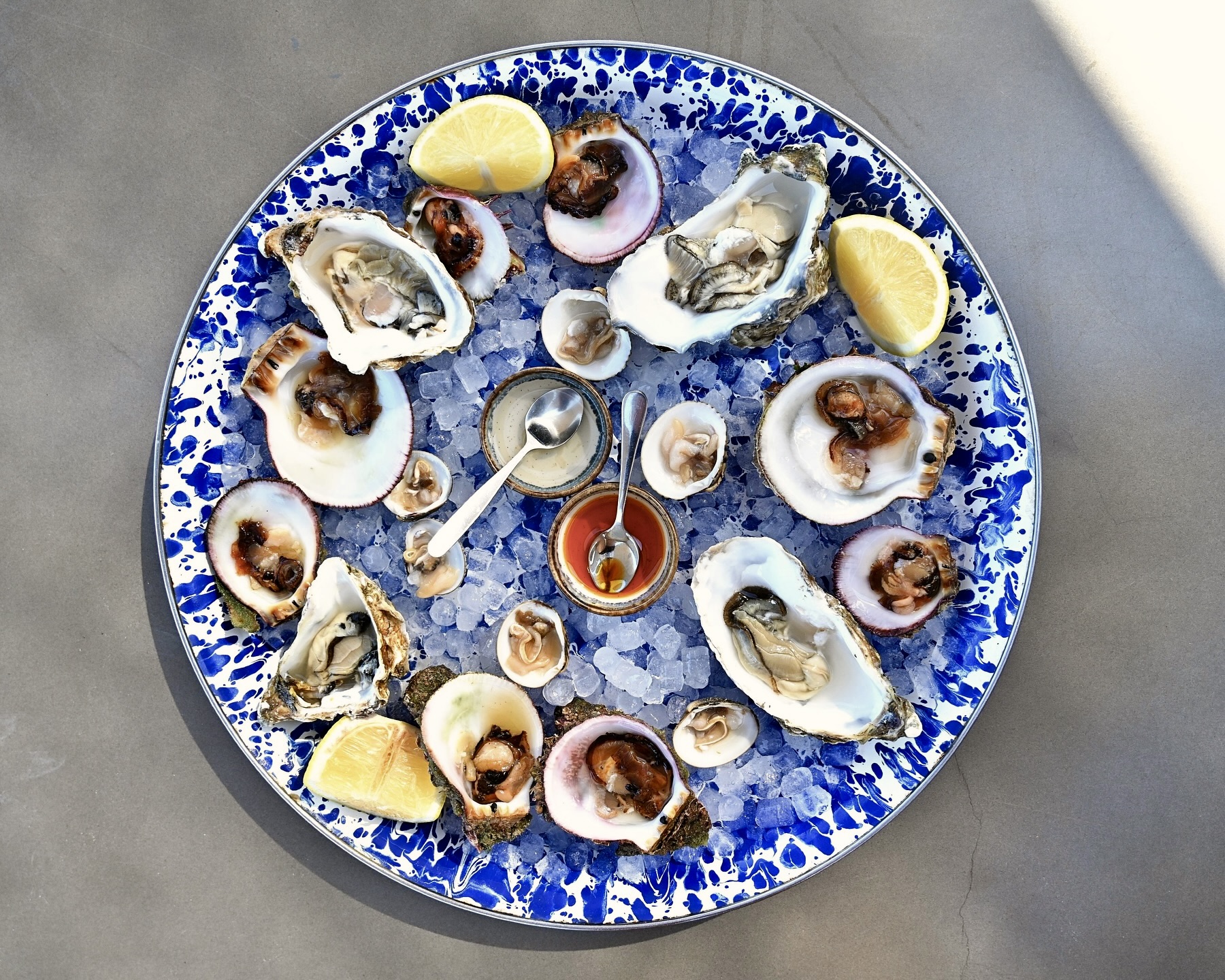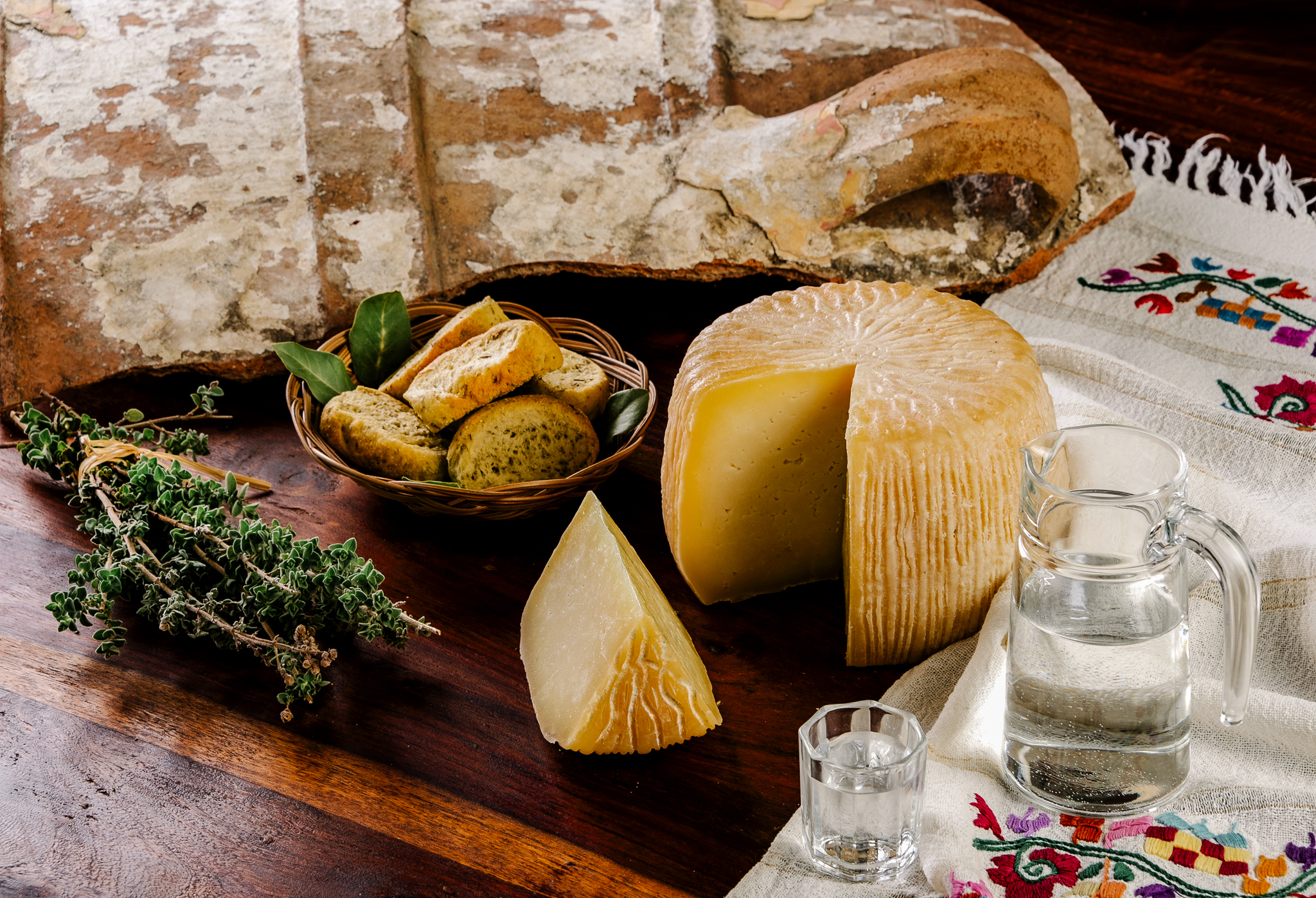George Washington, the first president of the USA, had once remarked, in response to criticism for his political choices: “I’d rather be on my farm than the emperor of the world.” If the statesman’s farm was anything like the Agreco Farm, then we could completely understand his position. Situated at an idyllic location slightly beyond Rethymno, regarded by some as the optimal spot for a sunset experience, it becomes quickly apparent why this farmland is totally unique.
Agreco Farm is the brainchild of multifaceted entrepreneur Mr. Nikos Daskalantonakis, founder of the hotels and resorts group Grecotel. His initial thinking entailed the development of a space that would pay homage to Cretan tradition, a place where he could spend recreational time and also host relatives and friends. This initial plan of modest ambition was never carried out as one thing led to another to result in a project of far bigger proportions. Beginning in 2000, the project’s four-hectare olive grove was transformed into a Cretan tradition and gastronomy attraction open to all. The farm offers a purely experiential time for visitors.
Its vast vineyards and olive groves, immaculately maintained by specialists, capture the attention of guests upon arrival. All produce made available at Agreco Farm is of exceptional quality and self-produced. Guests can try the honey varieties, for which the producers are justifiably proud, wine varieties, herbs, vegetables, cheese varieties as well as other dairy products. Essentially, anything produced on a traditional farm is cultivated here, at Agreco Farm, in its purest form. No chemical substances or fertilisers are used during any stage of the farming process, just traditional methods.
Carrying on with the tour of this facility, standout features include the impressive watermill, constructed with millstones from Cretan villages, a threshing floor where grains are separated from the harvested crops, a well-stocked and tastefully designed wine cellar, grape press as well as an olive press. The co-existence of yesteryear and the present is remarkably satisfying, if not infectious. The main square, requiring considerable time to explore, plays a fundamental role. Visitors not aware of this farm’s relatively short history will probably mistakenly presume the spot is an old traditional village that has been restored, rather than a project that was developed from scratch, just recently. In keeping with tradition, this village also has a church, grocery store, tavern and café. An Art Gallery, at which painter Alexandros Androulakis exhibits his work, is a surprise feature.
Meticulous work has been performed on all levels, making the farm appealing to visitors from both Greece and abroad. Many visitors have even decided to stage their wedding ceremonies here. Prior to the necessary pandemic-induced restrictions, wedding ceremonies at Agreco Farm exceeded one-hundred, in a single summer, during certain summers. Such heightened activity eventually prompted the need for a second restaurant, Antikristo.
Besides exploring the farm, enjoying a meal and buying organic products, visitors may also choose the Farmer for the Day program, which, as indicated by its title, provides participants with the opportunity to experience farming life activities for a day. These activities include kneading bread dough and baking bread in a traditional wood-fired oven, pressing grapes, collecting vegetables, sheering sheep and milking goats. Finally, some activities are exclusively offered for children, a highlight of this program being a visit to a zoo at the farm.
A visit to Agreco Farm is not just an experience that will merely take your mind off concerns for a few hours. It plants a seed for deeper thinking on the idea that the perfect future may be hidden in the past.



